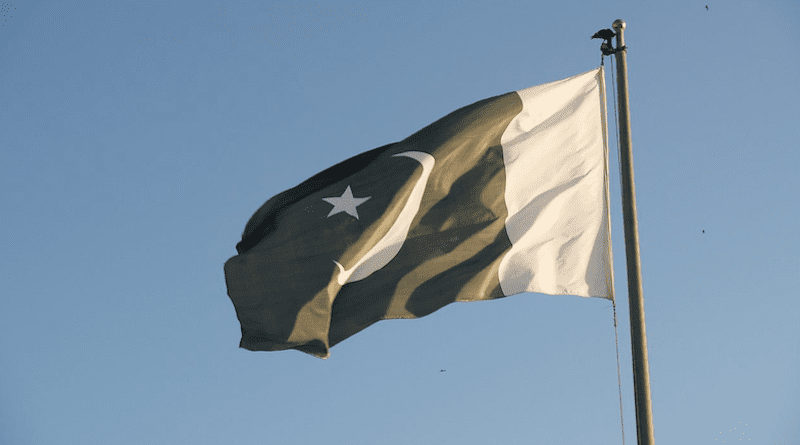Shaping Global Narratives: Pakistan’s Role As UNESCO Vice Chair – OpEd
Pakistan’s recent election as the Vice Chair of the UNESCO Executive Board for the 2023-2025 term marks a substantial achievement, secured during the 218th Session of the UNESCO Executive Board in Paris. With 38 votes out of 58, Pakistan’s success stands out in contrast to India’s 18 votes. This victory underscores Pakistan’s ongoing representation and leadership within UNESCO, affirming its commitment to actively contribute to the organization’s mission spanning education, sciences, culture, communication, information, and the preservation of cultural heritage sites.
UNESCO’s inception was a response to the aftermath of two world wars, recognizing that political and economic agreements alone were insufficient for lasting peace. The organization’s objective is to help member countries build educational, cultural, and scientific systems fostering coexistence, peace, and an understanding that human values transcend boundaries.
Operating in Pakistan since 1958, UNESCO has supported the nation in achieving its national development plans. As the newly elected Vice Chair, Pakistan is expected to address domestic capacity challenges in knowledge, research, and administration. Improving educational infrastructure, promoting scientific research, and enhancing administrative efficiency will contribute to Pakistan’s intellectual and institutional growth.
Beyond national borders, Pakistan can leverage its position to champion global initiatives addressing challenges like climate change, cultural preservation, and inclusive education. The role provides a unique platform for collaborative projects aligned with the Sustainable Development Goals (SDGs), contributing to humanity’s well-being.
On the regional front, Pakistan can use its influence within UNESCO to foster collaboration among South Asian nations through educational and cultural exchange programs, joint research ventures, and shared initiatives, strengthening regional bonds. In multilateralism, Pakistan can showcase its commitment by initiating collaborative solutions to global challenges, contributing substantively to international norms based on mutual respect and shared values.
In education, Pakistan can prioritize initiatives addressing gaps in access and quality, leveraging UNESCO’s expertise to develop innovative programs with technology-driven solutions for marginalized communities.
Cultural preservation should be a cornerstone of Pakistan’s UNESCO agenda, utilizing its rich history and diverse heritage to contribute to global efforts in safeguarding cultural treasures. In conclusion, Pakistan’s UNESCO Vice Chair position is not just a diplomatic triumph; it opens avenues for shaping global narratives of education, science, and culture. Strategic leveraging of this position allows Pakistan to transcend challenges, ensuring progress for future generations, not just within its borders but also for the South Asian region and the broader international community. The role is a mantle of responsibility and opportunity, demanding a forward-looking vision for enriching the global community. As UNESCO’s Director-General aptly puts it, “Peace is more than the absence of war; it is living together with our differences while furthering universal respect for justice and human rights.”
The UNESCO Vice Chair position represents not only a mantle of responsibility but also a profound opportunity for Pakistan to contribute to the enrichment of the global community. As a custodian of cultural heritage, education, and scientific advancement, this role demands a forward-looking vision that transcends borders. Pakistan, as the incumbent Vice Chair, has the chance to foster international collaboration in the pursuit of knowledge, preservation of cultural diversity, and the promotion of inclusive education. This responsibility calls for diplomatic finesse and strategic engagement with nations worldwide, aiming to build bridges that facilitate the exchange of ideas and expertise. Embracing this position entails steering UNESCO’s agenda towards progress and innovation, advocating for equitable access to education, and safeguarding cultural treasures. By embracing this role with dedication and foresight, Pakistan can leverage the UNESCO Vice Chair position to contribute meaningfully to the global discourse on education, science, and culture, fostering a more interconnected and harmonious world.

